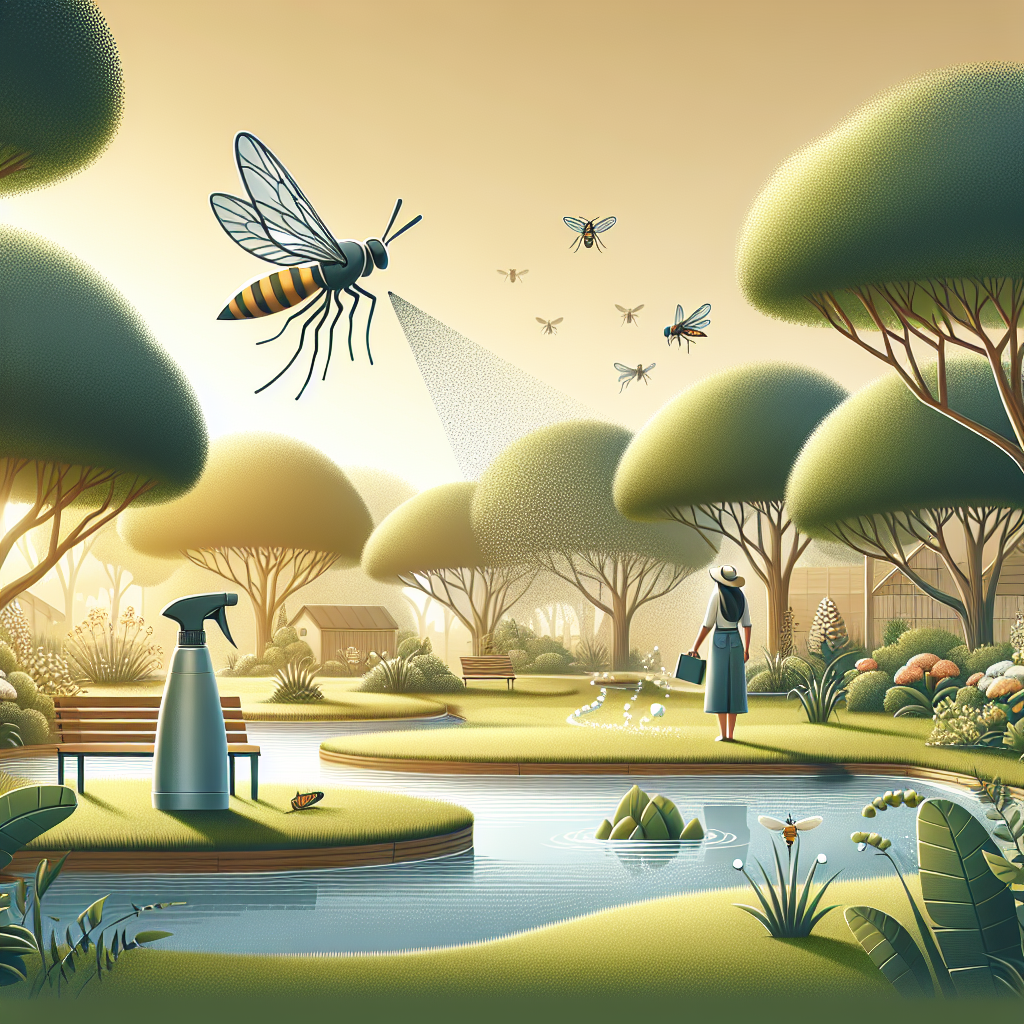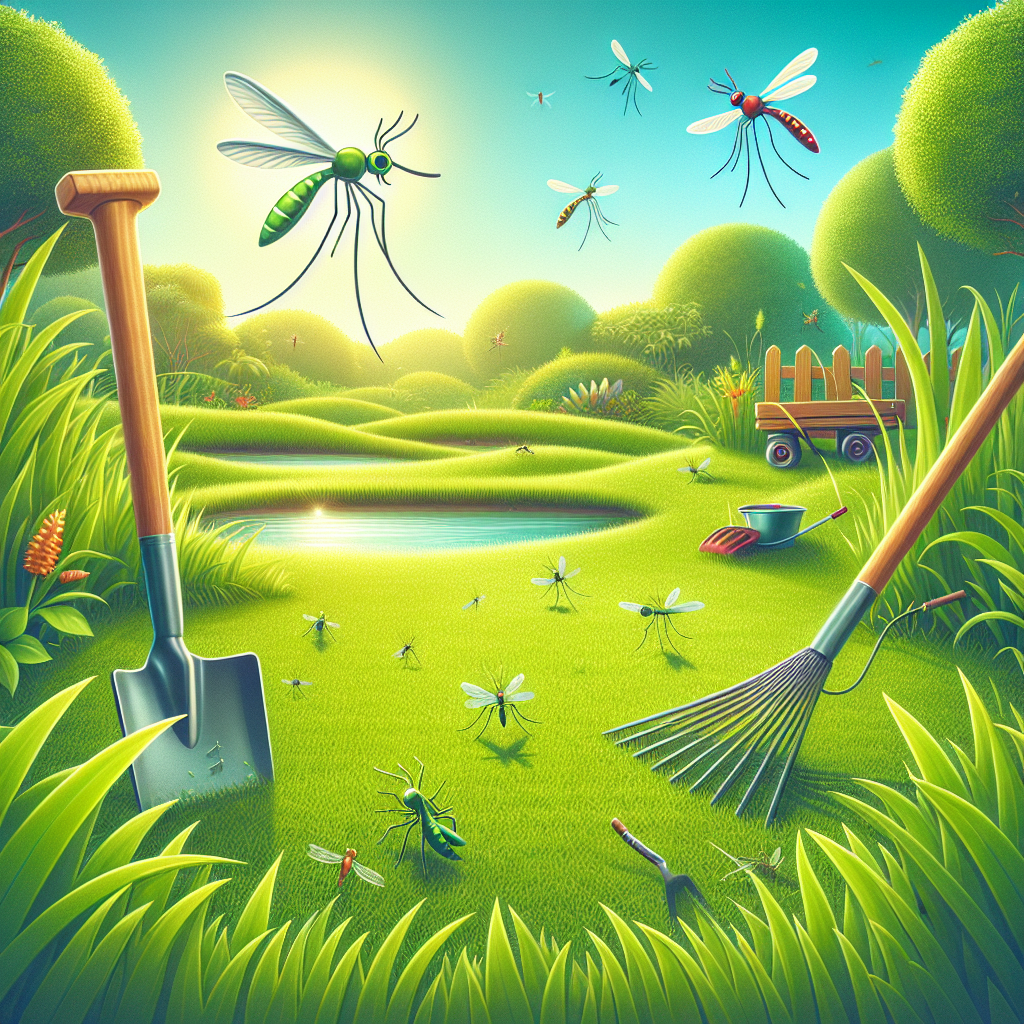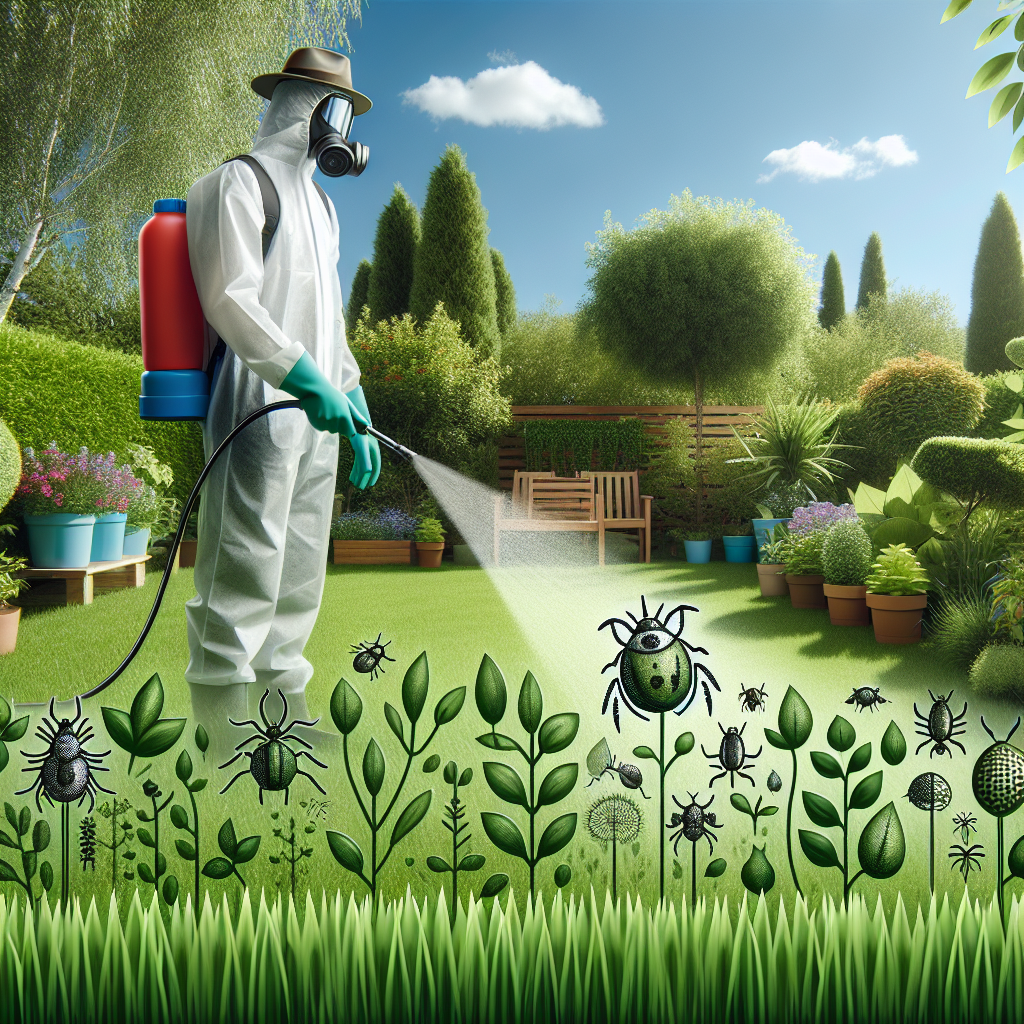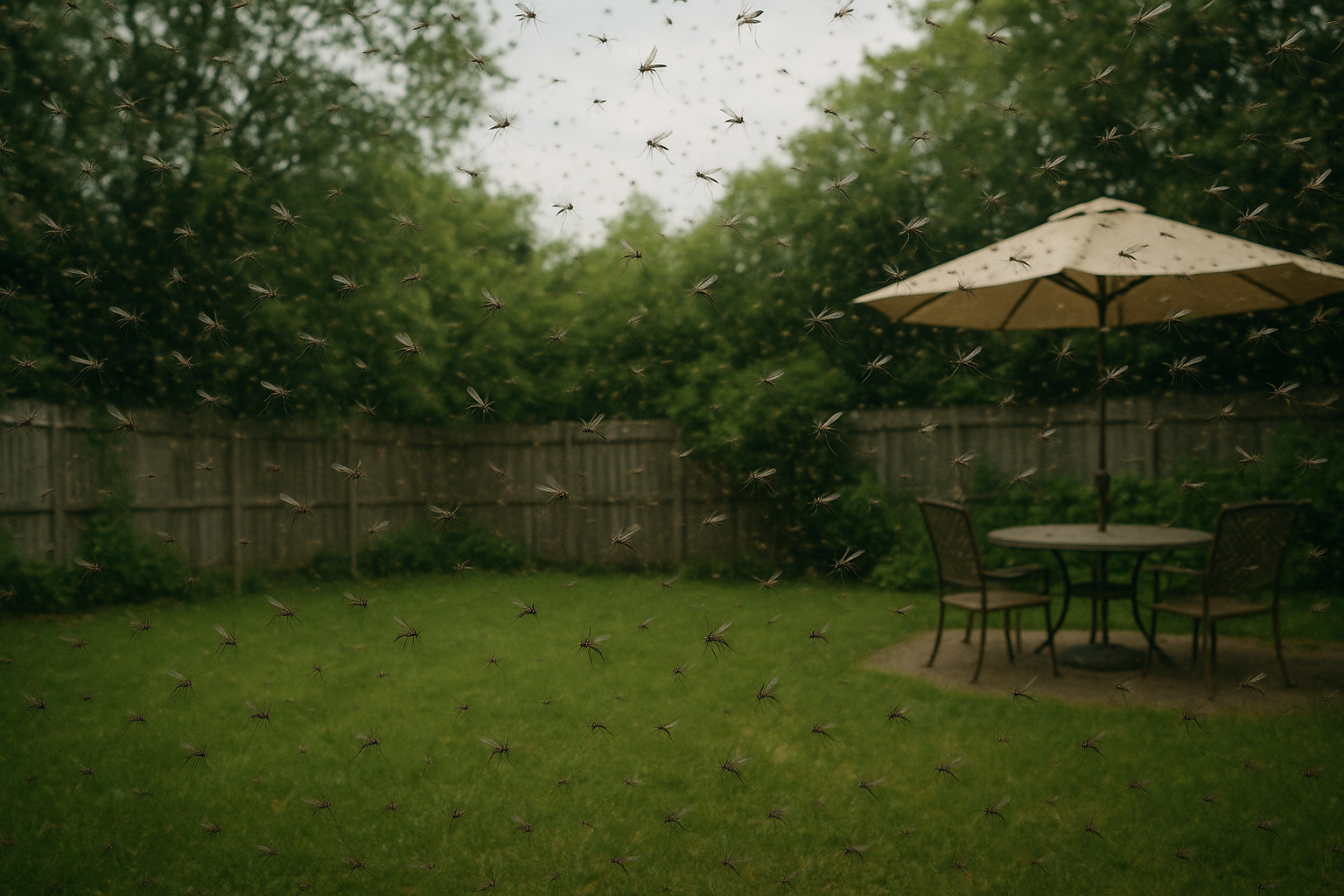Understanding Where Mosquitoes Live and Breed
What Are Mosquitoes and Why Their Habitats Matter
Mosquitoes are small, flying insects belonging to the Culicidae family. With over 3,500 species worldwide, they are found in nearly every corner of the globe, except Antarctica. While mosquitoes are often seen as pests, they play a role in ecosystems by serving as food for birds, bats, and other predators. However, their notoriety stems from their ability to transmit diseases such as malaria, dengue, Zika virus, and West Nile virus, making them one of the deadliest creatures on Earth.
Understanding mosquito habitats is crucial for controlling their populations and reducing the risk of disease transmission. Mosquitoes thrive in specific environments that support their lifecycle, and identifying these habitats allows individuals and communities to take targeted measures to prevent breeding. By disrupting their habitats, we can significantly reduce mosquito populations and protect public health.
Call 919-726-3785 for a mosquito-free yard.
Common Places Where Mosquitoes Live
Natural Habitats
Mosquitoes are highly adaptable and can be found in diverse natural environments. Forests, wetlands, and grasslands are common mosquito habitats due to their abundance of water sources and vegetation. Wetlands, in particular, provide ideal conditions for mosquito breeding, as they offer stagnant water and high humidity. Forests with dense foliage also create shaded areas that mosquitoes prefer for resting during the day.
Urban Environments
Mosquitoes are not limited to natural habitats; they thrive in urban areas as well. Gardens, drains, and man-made structures like water tanks and construction sites often become breeding grounds. Urban environments provide ample opportunities for mosquitoes to find standing water, such as in clogged gutters, discarded containers, or poorly maintained swimming pools.
Environmental Factors
Temperature and humidity play a significant role in mosquito presence. Mosquitoes are cold-blooded and prefer warm climates, which is why they are more active during summer months. High humidity levels also support their survival, as mosquitoes are prone to dehydration. These environmental factors explain why tropical and subtropical regions experience higher mosquito populations.
The Lifecycle of a Mosquito: Key Breeding Stages
Mosquitoes undergo a complete metamorphosis, consisting of four distinct stages: egg, larva, pupa, and adult. Each stage is closely tied to specific environmental conditions, particularly water availability.
- Egg Stage : Female mosquitoes lay their eggs on or near water surfaces. These eggs can survive for days or even months until they come into contact with water.
- Larva Stage : Once hatched, larvae live in water and feed on organic matter. They breathe through specialized tubes and are highly dependent on stagnant water for survival.
- Pupa Stage : The pupal stage is a transitional phase where mosquitoes develop into adults. Pupae remain in water but do not feed, focusing instead on completing their transformation.
- Adult Stage : Adult mosquitoes emerge from the pupae and begin their search for food and mates. Females require blood meals to produce eggs, while males feed on nectar.
Understanding these stages helps pinpoint where mosquitoes are likely to breed, allowing for targeted interventions to disrupt their lifecycle.
Top Breeding Grounds for Mosquitoes
Stagnant Water Sources
Stagnant water is the most common breeding ground for mosquitoes. Ponds, puddles, and water-filled containers provide the perfect environment for eggs to hatch and larvae to thrive. Even small amounts of water, such as in a discarded bottle cap, can support mosquito breeding.
Household Areas
Mosquitoes often breed in household areas where water accumulates. Buckets, flowerpots, birdbaths, and clogged gutters are prime examples. Regularly inspecting and cleaning these areas can significantly reduce mosquito populations.
Natural Water Bodies
Natural water bodies like marshes, swamps, and slow-moving streams are hotspots for mosquito breeding. These areas are difficult to manage due to their size and ecological importance, but introducing natural predators like fish can help control mosquito larvae.
How Climate and Weather Affect Mosquito Habitats
Climate and weather patterns have a profound impact on mosquito habitats. Warm temperatures accelerate the mosquito lifecycle, allowing populations to grow rapidly. Rainfall creates new breeding sites by filling containers, puddles, and other stagnant water sources. High humidity levels also support mosquito survival, as they are prone to dehydration in dry conditions.
Seasonal variations play a role in mosquito activity. For example, mosquitoes are more active during summer and rainy seasons, while colder months see a decline in their populations. Understanding these patterns can help communities prepare for peak mosquito activity and implement preventive measures accordingly.
Human Activities That Create Mosquito Breeding Grounds
Improper Waste Disposal
Discarded items like tires, bottles, and cans often collect rainwater, creating ideal breeding grounds for mosquitoes. Proper waste disposal and recycling can eliminate these potential habitats.
Urbanization
Urbanization often leads to poorly planned drainage systems and water accumulation in construction sites, both of which support mosquito breeding. Cities must prioritize infrastructure improvements to address these issues.
Agricultural Practices
Agricultural activities, such as irrigation and water storage, can inadvertently create mosquito habitats. Farmers can adopt practices like intermittent irrigation to reduce standing water and minimize mosquito breeding.
Preventing Mosquito Breeding: Practical Tips
Eliminating Standing Water
The most effective way to prevent mosquito breeding is to eliminate standing water. Regularly empty and clean containers, birdbaths, and gutters to ensure they do not collect water.
Using Natural Predators
Encouraging natural predators like fish, birds, and dragonflies can help control mosquito populations. For example, introducing mosquito-eating fish into ponds can reduce larvae significantly.
Environmental Modifications
Landscaping and drainage improvements can prevent water accumulation. Filling low-lying areas and ensuring proper drainage can make your yard less attractive to mosquitoes.
Call 919-726-3785 for a mosquito-free yard.
The Global Impact of Mosquito Habitats on Public Health
Mosquito habitats are directly linked to the spread of diseases like malaria, dengue, and Zika virus. These diseases affect millions of people annually, particularly in tropical and subtropical regions. Controlling mosquito populations is not just a local issue—it is a global public health priority.
Community efforts, such as neighborhood cleanups and awareness campaigns, play a vital role in reducing mosquito habitats. Government policies, including funding for mosquito control programs and research, are also essential for long-term solutions.
Tools and Technologies for Monitoring Mosquito Habitats
Modern tools and technologies have revolutionized mosquito control efforts. Drones equipped with cameras can survey large areas to identify potential breeding sites. Geographic Information System (GIS) mapping helps track mosquito populations and predict outbreaks. Mosquito traps and sensors provide real-time data on mosquito activity, enabling targeted interventions.
These technologies empower communities and organizations to manage mosquito habitats more effectively, reducing the risk of disease transmission.
Final Thoughts: Why Understanding Mosquito Habitats Is Crucial
Identifying and managing mosquito habitats is essential for controlling their populations and protecting public health. By understanding where mosquitoes live and breed, individuals and communities can take proactive measures to prevent infestations and reduce the risk of disease.
Call 919-726-3785 for a mosquito-free yard.
Mosquito Authority of Durham NC delivers expert mosquito control services near me, mosquito and tick control, and lawn mosquito control treatments. No contracts. Guaranteed results. Call 919-726-3785 to reclaim your outdoor space and enjoy a pest-free yard.










